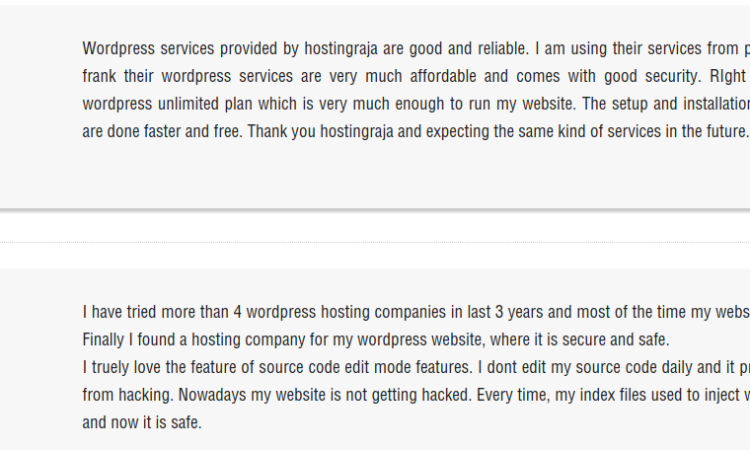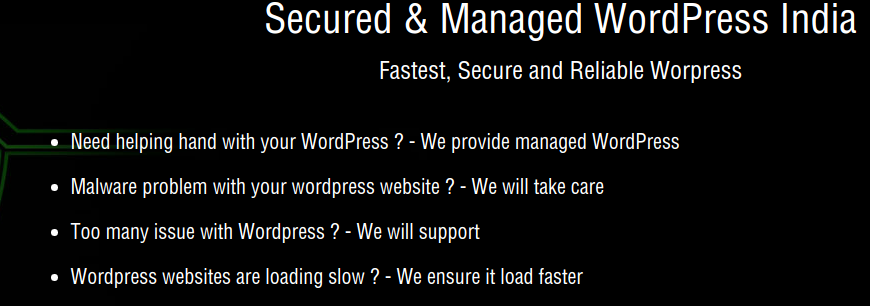
Most people prefer to adhere to shared hosting, but in some situations, such arrangements cannot provide you with all the support you need. This might stifle the development of your website. As the site continues to grow, possibilities are that you’ll need to start updating to something more stable, and that’s where dedicated servers come in. Yeah, they may be more costly, but you typically get much better results (and more resources) for your money.
To make the website available, it must be set up on a server that is linked to the Internet.
In most cases, web hosts have set up several pages on each server to hold costs down. You have access to hosting at fair costs, and the provider can reach even more customers. This is what is referring to as ‘sharing’ hosting. One of the downsides of shared hosting is that, in most instances, you have access to a small share of servers, which is fair, since it is not the only site that uses the server. That’s great for a lot of websites, but some need a server of their own – a dedicated solution. No matter the size of your business, you prioritize time and resources when it comes to maintaining your webserver- where a fully managed dedicated server hosting comes into play-we will discuss this further.
Here are some of the explanations for this:
- Access to additional resources. A dedicated server means you don’t have to share bandwidth with other people.
- Advanced efficiency. Dedicated servers usually have faster load times than shared hosting.
- Improved protection. Hosting several websites on a single server can be a burden.
- More possibilities for customization. Many dedicated solutions allow you to customize the configuration of your server. This includes items like its location and the Operating System (OS).

Factors to Consider When Deciding on Your Dedicated Server Configuration
- Your Server’s Location
The physical location of your server may be one of the last things on your mind when looking at options, but it’s a huge deal. Your location options may depend on your web host. The place is a very significant consideration when it comes to loading times. The farther a visitor is from your server, the longer it takes for your website to load, and the more irritated they will get. These days, fast broadband speeds have made it so that position is not as important as it once was, but it’s still worth remembering. If you’re going to go for a dedicated server, you need to keep an eye out for the places your web host has to sell. And, depending on your proximity to your core audience, you should make your pick.
- The operating system
Like every other device, you need an OS to communicate with, customize, and get stuff up and running on your server. Linux is the perfect solution when it comes to web hosting. It provides more power over the machine than Windows does, and it also appears to be more stable. Confidentiality is key when it comes to hosting solutions.Linux is not the only game in town, despite being the most popular server choice. Windows also provide dedicated server OS options that are potentially more beginner-friendly due to an intuitive interface. But, if you’re not planning to tinker with your server on a device level and would like to concentrate on running your web, the possibilities are you must not care about choosing the right OS.
- A Managed or Unmanaged server
There are two major types of plans when it comes to dedicated servers: managed and unmanaged. The one you’re going with will determine how much access you have to set up, setup, and other elements. Unmanaged hosting, on the other hand, is the ideal option for consumers who want to take complete control of their hosting experience. This ensures that you can customize and use your dedicated server like any other device. Fully managed dedicated server hosting is an independent hosting environment where the company oversees the configuration, maintenance, and support of the server or platform application. Resources are unique to the user to ensure that the data is maintained in the system on its own without being influenced by problems resulting from the exchange of resources.
